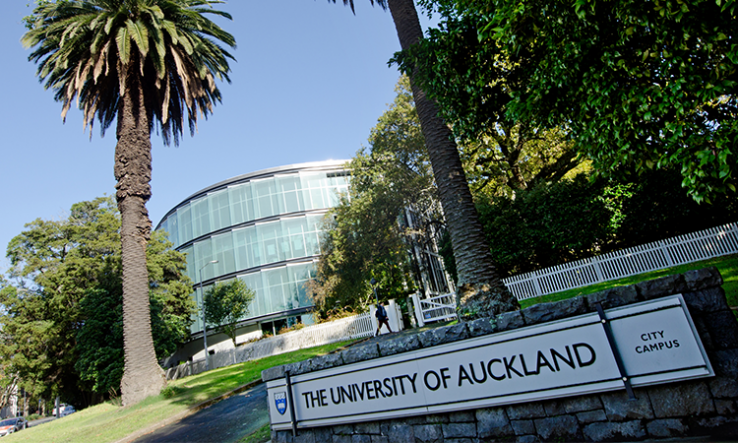
Image: chameleonseye, via Getty
‘Strong consensus’ required on the way forward for higher education in New Zealand
Higher education in New Zealand is still in a “get-through phase” without a fully developed strategy to recover from the Covid-19 pandemic, the country’s auditor-general has said.
In his latest report, auditor-general John Ryan wrote that the response to the pandemic was still developing. “The government’s recovery strategy for international education provides a foundation for improving the financial sustainability of the sector, but more needs to be done to build consensus.”
He continued: “Universities generally ended 2019 in a better financial position than 2018. However, Covid-19 has brought significant financial challenges for universities. In 2020, universities have had lower revenue from international students, research, commercial operations and charitable donations.”
All universities recorded surpluses in 2019, with the University of Auckland increasing its surplus to around NZ$90 million and its cash flow to more than NZ$300m. All universities had low or no debt.
“Every university except Lincoln University earned more revenue in 2019 than in 2018,” the audit said, noting that this was because “Lincoln University’s revenue for 2018 reflected a one-off insurance payment for earthquake damage”.
However, after the pandemic, “my view is that, for the university sector, there is a long way to go in building a strong consensus for recovery and a sustainable operating environment for higher education”, Ryan wrote. “Without this consensus, there is a risk that tactical response decisions being made now might be detrimental to successful outcomes in the long term.”
About a third of first-year international students were unable to arrive in New Zealand in 2020; and for some institutions, going online had to be implemented as “an emergency response”.
“Universities New Zealand estimates that total university revenue will decline by NZ$200m in 2020 and by NZ$400m in 2021. These forecasts include not only a reduction in revenue from international students but also reductions in other activity, including research, commercial activities and philanthropy. We estimate that, as at November 2020, revenue from international tuition fees was down by about NZ$60-70m.”
But by the second half of 2020, overall enrolments were going up, partly driven by rising unemployment. Although the number of student complaints to the New Zealand Qualifications Authority was unchanged, they were more often about online teaching than previously.
The audit results showed that universities continued to be in a much better financial position than other tertiary organisations, such as institutes of technology and polytechnics.
The auditor noted that some universities’ financial plans were dependent on international students returning from the second quarter of this year. As yet, no such plan has been announced by New Zealand’s government.
The audit also addressed the University of Auckland’s 2019 purchase of a house to accommodate its vice-chancellor, concluding that the university “did not follow its policy on sensitive expenditure, nor its processes for approving capital expenditure”. The house was recently reported to be up for sale.